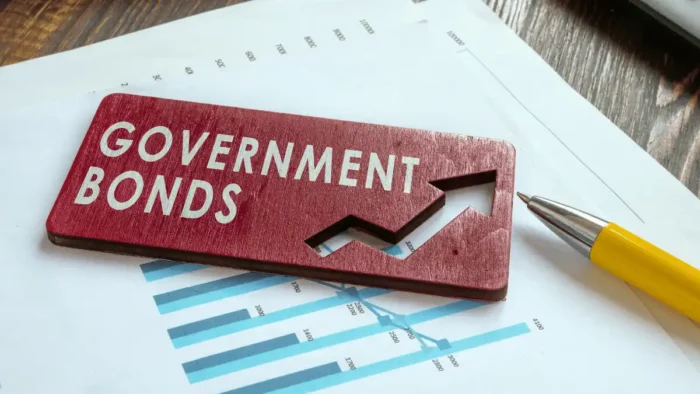Picture this scenario: you’re at the helm of an exciting new startup. Seeking to diversify your investment portfolio, you explore delving into real estate. Along the way, you discover the potential of a mortgage to tap into the burgeoning property market to bolster your startup’s growth.
However, you quickly become aware of the multiple mortgage types available, each having unique implications for your startup’s financial health. This realization naturally leads you to question which mortgage type will be optimal for your fledgling enterprise.
This article is here to answer this question. It’ll equip you with the necessary knowledge to make the most advantageous choice for your real estate investment.
Different Mortgage Types
There are several contrasting types to examine, from fixed-rate mortgages vs. adjustable-rate mortgages to balloon vs. interest-only mortgages.
Each type comes with its unique dynamics, opportunities, and challenges. Here’s an in-depth look at the different mortgage types available to you:
1. Fixed-rate Commercial Mortgages
As a startup, you might appreciate the stability offered by fixed-rate mortgages. Your interest rate will remain the same throughout the loan term. This can allow you to forecast your expenses accurately and avoid any surprise increase in your monthly payment.
2. Adjustable-rate Mortgages (Arms)
If you’re confident that your startup has flexibility in handling potential interest rate fluctuations, an adjustable-rate mortgage could be a good fit. While ARMs come with a risk of increased payments if rates rise, they can also result in savings when rates fall.
3. Balloon Mortgages
A balloon mortgage might be a consideration if your startup is on a promising growth trajectory or has plans to sell the property before the loan term concludes. This option offers low initial payments but requires you to pay the remaining balance in a lump sum at the end of the period.
4. Interest-only Mortgages
Interest-only mortgages might be attractive if your startup has irregular cash flows. For a set period, your business would only need to pay the interest on the loan. However, remember that the principal balance, which could be a considerable amount, will be due after this period.

5. Hard Money Loans
If your startup cannot secure a traditional mortgage, a hard money loan could be an option. This short-term, high-interest loan typically hinges on the property’s value rather than your startup’s creditworthiness.
6. SBA 7(a) And 504 Loans
Your startup can significantly benefit from loans backed by the Small Business Administration (SBA), given their favorable terms. You can use the versatile 7(a) program for various business needs, including real estate. The 504 program, on the other hand, is explicitly targeted toward real estate and equipment purchases.
Whether you’re investing in land or retail properties, choosing the right mortgage type can significantly impact your investment strategy. Here are some factors to consider when selecting mortgage types to ensure you settle for the most optimal.
Choosing The Right Mortgage Type
To choose the right mortgage for your startup’s real estate investment, consider the following factors:
- Your startup’s financial health, including cash flow and credit scores. A healthy cash flow and good credit scores can increase your startup’s borrowing capacity and may allow you to secure a mortgage with more favorable terms.
- Align your mortgage decision with your long-term business goals. If your startup plans to hold onto the property for a long time, a fixed-rate mortgage could provide stability, while an ARM might be suitable for shorter-term holdings.
- Be mindful of market conditions. In an environment with low interest rates, a fixed-rate mortgage can lock in those low rates for the long term, whereas in a high-interest-rate climate, an ARM might be a more cost-effective option initially.
- Consider the type and price of the property you want to invest in. More expensive properties might necessitate a larger loan, affecting the types of mortgages available to you, while certain property types, like commercial buildings, may have specific lending requirements.
Remember, choosing the right mortgage is a strategic decision that can significantly influence your startup’s financial trajectory. Therefore, weigh all influencing factors to ensure your choice bolsters your business’s financial standing and sets your startup up for success in the real estate market.
Final Thoughts
Mortgages can be complex, especially when real estate investment is integral to your startup’s growth strategy. Understanding the various mortgage types and their implications on your investment can better equip you to make an informed decision.
Don’t hesitate to consult with financial advisors, mortgage brokers, or real estate experts. Their professional advice can provide invaluable insights tailored to your startup’s circumstances, leading to a more informed decision-making process.
By aligning your choice with your startup’s financial health and long-term goals, you can leverage mortgages as a tool for successful real estate investment.





